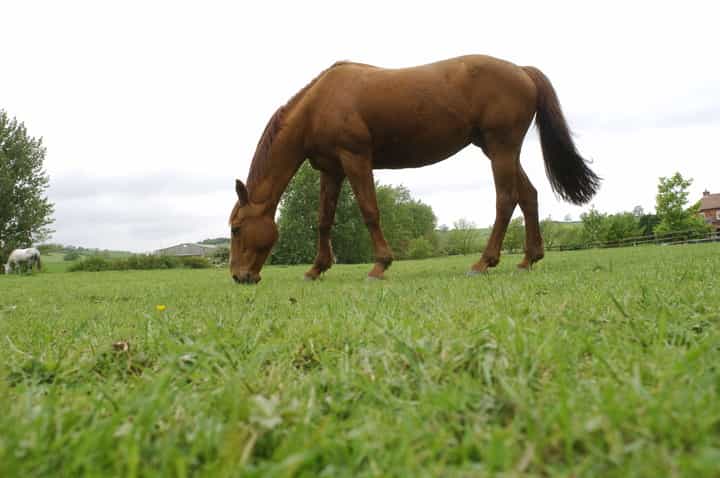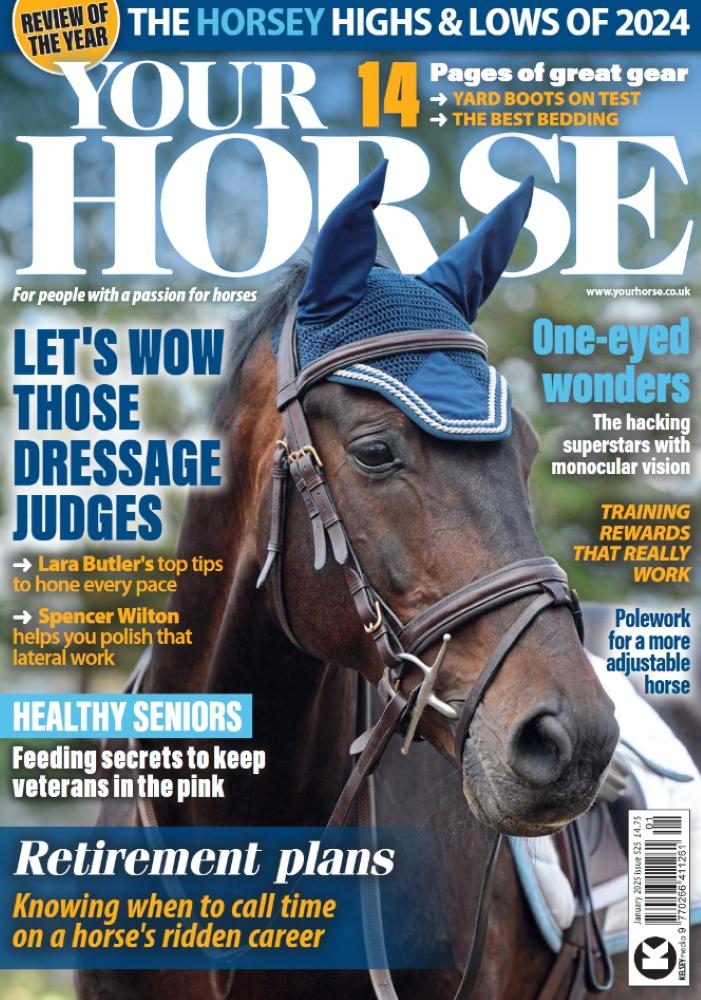BBC Panorama’s latest documentary, The Dark Side of Horse Racing, has raised questions within the equestrian industry on the fate of racehorses once they have finished their career.
The documentary aired on Monday 19 July at 8:30pm. Presented by Darragh MacIntyre, it included footage covertly filmed at an abattoir by campaign group Animal Aid, as well as interviews with vet Dr Hannah Donovan, veterinary behaviour specialist Professor Daniel Mills, and Mary Frances of Moorcroft Equine Rehabilitation Centre.
The footage was collected at Drury and Sons abattoir across four days at the end of 2019 and beginning of 2020.
During this time, 261 horses, ponies and Throughbreds were killed, mainly aged between two and 10 years old. These included horses trained by Grand National-winning trainer Gordon Elliott, and Ascot-winning trainer Gordon Cromwell.
Most notably, seven-time winner Vyta Du Roc, who won over £170,000 during his career, was identified in the abattoir.
Around 7,000 horses leave British racing each year and the documentary revealed that 4,000 racehorses were slaughtered between 2019 and the end of 2020.
Footage collected from the abattoir was shown to experts Dr Hannah Donovan and Professor Daniel Mills.
“Euthanasia means a good death,” said Daniel Mills. “What I’ve seen, there’s quite a lot of animals that I’m concerned have not been killed well.”
He noted that he was “surprised” that nothing could be done for so many of the horses.
Concerns were raised over the practises of the abattoir and whether it met welfare protection laws.
It is not the first time that the abattoir has been criticised for compromising animal welfare. The director of the abattoir was found guilty of animal welfare offences in 2020 after a horse with non-weight bearing lameness was transported from Ireland to England for slaughter.
Bringing about changes in the industry
In a 2019 Australian documentary, The Final Race, hidden-camera footage from abattoirs was also featured.
The distressing film subsquently brought about changes in animal welfare law, the formation of a racing welfare group in conjunction with the Thoroughbred Breeders Association, and the improvement of retirement programmes for horses leaving the industry.
Following the release of the Panorama documentary, many organisations have released statements. This includes the British Horse Society, who highlighted that the issues “are not solely connected to racing” but that “the racing world can help to drive improvements”.
The British Horseracing Authority released a statement offering to support the Food Standards Agency, the regulatory body for abattoirs, should investigations into animal mistreatment be conducted.
The statement also acknowledged the need to further enhance records of aftercare and traceability, in line with their equine welfare strategy that was published in 2020.
Steps have already been taken to address this, such as the introduction of digital passports.
What do you think about the future of ex-racehorses and the use of abattoirs to euthanise horses in general? Let us know by emailing yh.ed@kelsey.co.uk.









